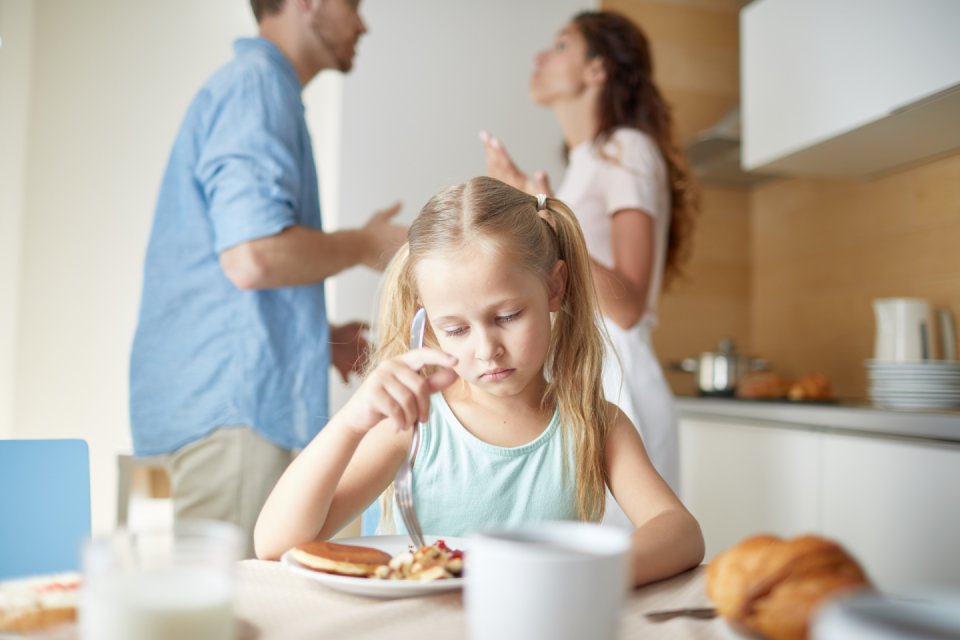If your marriage or partnership is really struggling, you may want to separate. However, having children in the relationship complicates things. Divorce is a harsh transition for families, and kids are especially sensitive to the fallout. But should you stay together for your children? Sometimes, this decision can do more harm than good. There are no easy answers, but we encourage you to consider the following nuances as a guide.
The Impact of a Troubled Marriage on Children
Many parents stay together, believing it’s better for their children to grow up in a two-parent household. And this choice has merit; stability, routine, and a sense of family are positive for children.
That said, simply not divorcing isn’t enough to preserve your children’s emotional well-being. If you constantly fight or treat each other coldly, your kids will notice. The resulting stress can affect their mental health and emotional development just as much as—if not more than—a divorce could.
If conflict is constant and unresolved, children may feel caught in the middle and take on emotional burdens that don’t belong to them. Moreover, this environment models unhealthy relationship dynamics that could affect how your children build their own connections in the future.
When Staying Together Can Be Beneficial
On the flip side, staying together has benefits if the relationship can improve. Therapy or counseling may help you and your partner understand each other better, resolve conflicts more effectively, and learn to co-parent fairly and respectfully. If you can cultivate a calm, safe, mature environment at home, then staying together could be the better decision for your kids.
However, this only works if both you and your partner are committed to making changes. Staying together without addressing root issues will prolong the conflict and make things harder for everyone—especially your children—in the long run.
Choosing Separation for Healthier Outcomes
Separation or divorce is the healthiest choice if you and your partner need to move on from your relationship and can co-parent effectively without living together. Your children can still feel your love and support with this arrangement. Plus, it demonstrates that prioritizing mental health and dignity, even when it’s challenging, is a valuable and honorable choice.
Keep in mind that this is a more complicated choice in many ways. For one, your child might have to reach a certain age to choose where they live. Likewise, there’s no guarantee you and your ex will stay local. If one or both of you relocate, you’ll have to face the challenge of co-parenting from a distance. If you believe separation is what’s right for your family, consult with a family lawyer to understand the legal ramifications of these complications.
Finding What’s Best for Your Family
Ultimately, you should stay together for your children if you can cultivate a healthy home environment and co-parent respectfully with your partner. Otherwise, if your relationship is beyond repair, the kindest choice for your kids may be to separate, heal, and find a parenting arrangement that works within this new dynamic.
Whatever you decide to do, be open and honest with your children. Reassure them that they are loved, supported, and not to blame for the change in dynamics or relationship status. A nurturing environment is what matters most for your children’s growth, whether that’s with both parents under one roof or in separate, healthy homes.

